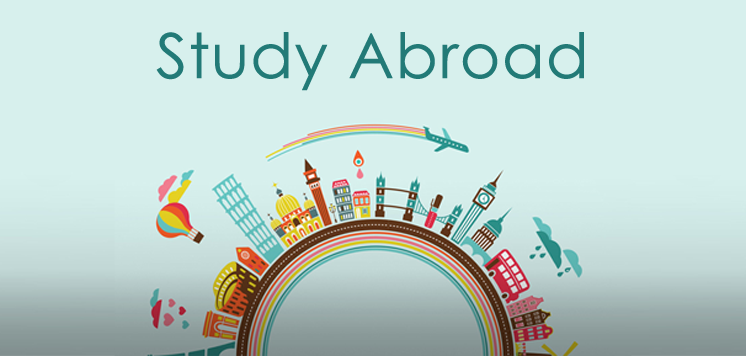The life of a student changes drastically the moment you decide on going abroad for your studies. The decision is always full of fright and apprehensions as it will be a life away from your friends and family. It is a life to build your career and make new friends. It is a life full of unprecedented incidents and hope.
So what can you expect when you go to study abroad?
5 Things to Expect in Life When you Study Abroad
Overseas education is not for the faint-hearted. It is for people who wish to explore and travel, have a little adventure, and shine bright in life. So, when you set out on this course, here are the five things you can expect in life when you study abroad.
- Wanderlust:
Studying abroad opens your door to unlimited adventure as you will fulfil your desire to explore and travel. The initial phase is always full of the “wow effect” as you see new things, lead a new lifestyle, walk down a new road.
- A Life Without Family and Friends:
When you leave your home for overseas education, prepare yourself to lead a life without family, friends, and familiar faces. Once you set your foot in a foreign land, your lifestyle will change, and your journey will involve making new friends. Even though you miss your family, you learn to embrace the hardship of life with new friends.
- Learn to be Responsible:
Studying abroad makes a person responsible. Even if you don’t enjoy it, you will learn to live independently and care for yourself. It is a phase where you take responsibility for your action. You can no more rely on your parents to make things right for you, but do it all yourself.
- A Multi-Cultural Interaction:
As you go abroad to study, you come across thousands of people from different countries in your college. The universities provide grounds for multi-cultural interactions. It helps you to understand different traditions and nationalities. This opportunity of mixing with people from different corners of the world lifts the barrier of pre perception about culture and brings in an understanding mentality.
- Confidence Development:
One of the best things overseas education does to a student is, invoke a sense of confidence in the person. As you now understand cultures better, you feel confident while meeting people. You will be able to enjoy a conversation with an open mind. “Icebreaking” during group discussions becomes easier for people, preparing them for future job prospects. Self-dependence is a major factor behind the confidence you gain from your life abroad.
Final Thoughts
Studying abroad is not a bed of roses for students. There are several hiccups on the way. As you miss your family in the new life abroad, you can expect many bright sides. Getting your wanderlust fulfilled is one of the most exciting events. Furthermore, if you wish to study abroad in any European country, you learn new languages, meet with people from different corners of the globe, and grow confident.










